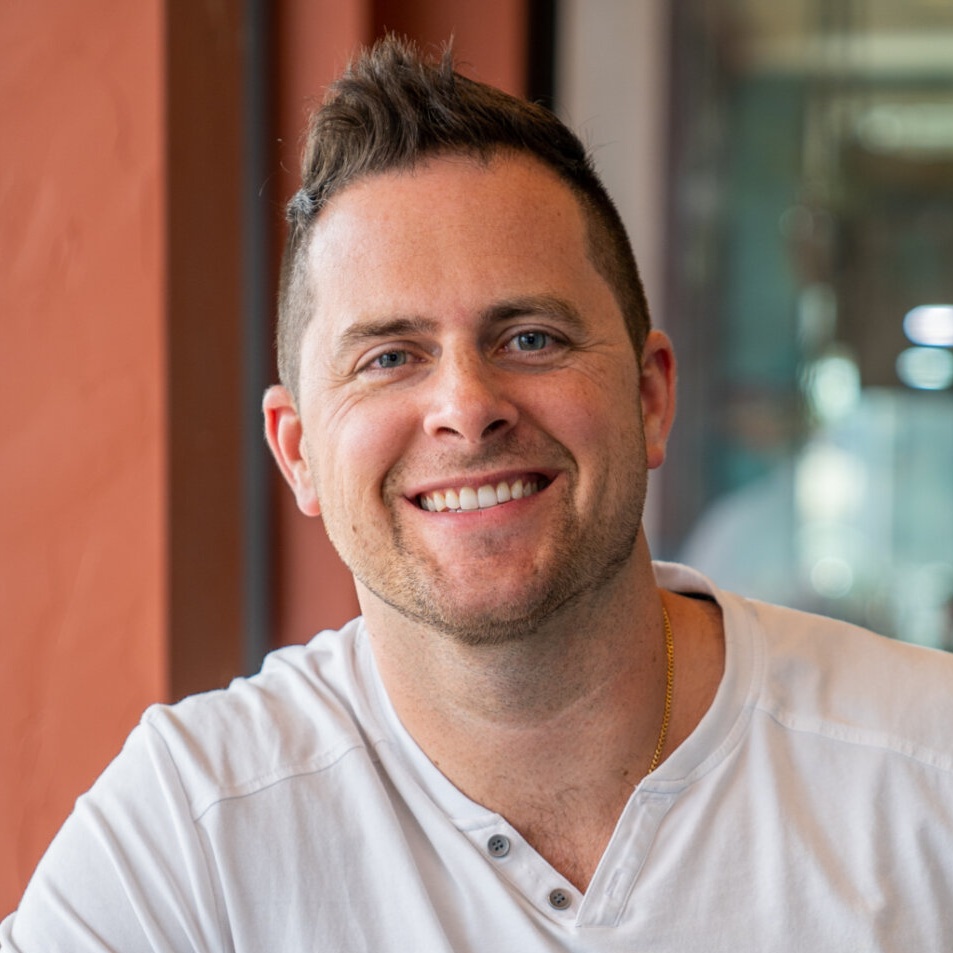The second question you should ask after “should I patent my idea?” is “who can I trust to help me?” Inventors have a lot of concerns over IP theft for valid reasons. There have been many famous cases where someone lost the rights to their ideas because they shared them with the wrong person.
That’s not the only problem to consider. In some cases, disclosing your idea to the wrong person could make it “public knowledge” and bar you from obtaining a patent. Talking to an attorney is the first step, but you also need to know the right questions to ask.
The America Invents Act, Public Disclosure, and Patentability
As you patent an idea, you may be tempted to discuss it with others. However, if that discussion qualifies as public disclosure, you could lose the opportunity to patent. Patent eligibility criteria require that your idea be entirely unique and non-obvious. However, if material information on your invention is in the public space, it could damage this claim.
There is a specific law that inventors need to know about public disclosures. The Leahy–Smith America Invents Act was passed by President Obama back in 2011. The act switched the patenting system to a “first-inventor-to-file” method that established the first person to file to protect the idea should be treated as the original inventor for patent purposes. It also addresses public disclosure.
Specifically, inventors have one year from when an idea is made public to file for a patent. After that, they are barred from doing so. Now, what qualifies as making an idea public? That is still up for debate. Obvious things like sharing the concept with a newspaper or putting it up for sale qualify, but so do less apparent issues. The US Supreme Court determined in Helsinn Healthcare v. Teva Pharmaceuticals that even a private, one-time sale qualified as public disclosure.
So aside from worrying that someone will steal your idea illegally, you also have to consider how they can use legal means to defeat your claim. You should be very cautious when you discuss your invention with anyone else—which is why many turn to the protection of attorney-client privilege.
Will They Help Me Patent My Idea? Asking the Right Questions
Patent attorneys are the obvious choice when you’re ready to discuss a patent for your idea. They can’t steal it or make any information public. Professional ethics and responsibilities bind them. Mishandling your case could open them up to lawsuits and disciplinary action from the bar.
Of course, human beings are unpredictable. Being a patent attorney doesn’t automatically stop someone from behaving unethically. There are a few different things to look at as you vet potential legal experts for your case.
Do they ask about your go-to-market strategy?
A good patent attorney will want to know about your big-picture goals so they can make the right decisions for your application process. A service that “churns” applications is mainly concerned with getting out as many as possible. They don’t care about your eventual goals with your product.
Do they have a solid track record?
Inventing anything is a highly personal process. Before you place your trust in any patent attorney, it’s wise to check their track record and ask questions about their experience. An experienced attorney will know how to balance an inventor’s goals with market realities—and how to communicate that with tact.
Are they accessible?
An attorney that doesn’t answer phone calls or emails probably has too much on their plate to give your case due attention. Aside from that, you’ll want to work with a tech-forward firm that can support remote meetings. There’s no reason to spend hours in an office lobby waiting to sign paperwork when it can be done from the comfort of your home.
Are they transparent?
Any firm you work with should offer a transparent fee structure and schedule for patent completion, depending on your needs. Leaving billing open-ended is a recipe for skyrocketing expenses and creeping scope.
Do they offer end-to-end services?
You need a lot more than a patent application. You’ll require searches, artists to create diagrams and images, and other services to improve your chance of success. The more services your attorney can offer in-house, the better.
The person you can trust to patent your idea is an attorney who offers one-on-one counseling and a collaborative approach. Sharing an idea with an attorney ensures you don’t risk IP theft or triggering public disclosure rules—choosing the right one smooths your path to patent approval.
Bold Patents offers collaborative, step-by-step help when you’re ready to patent your idea. Contact us online or by phone at 800-849-1913.

